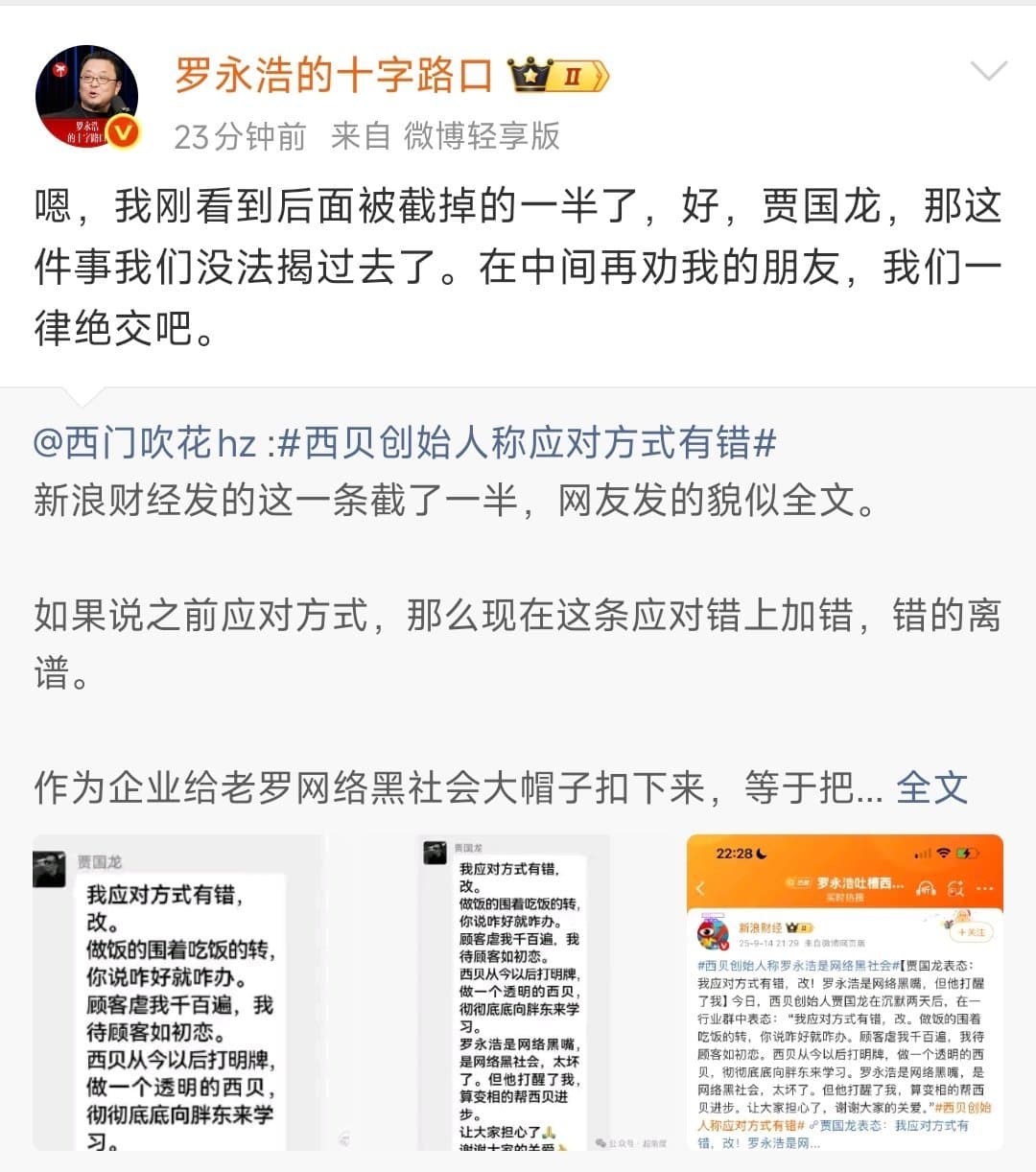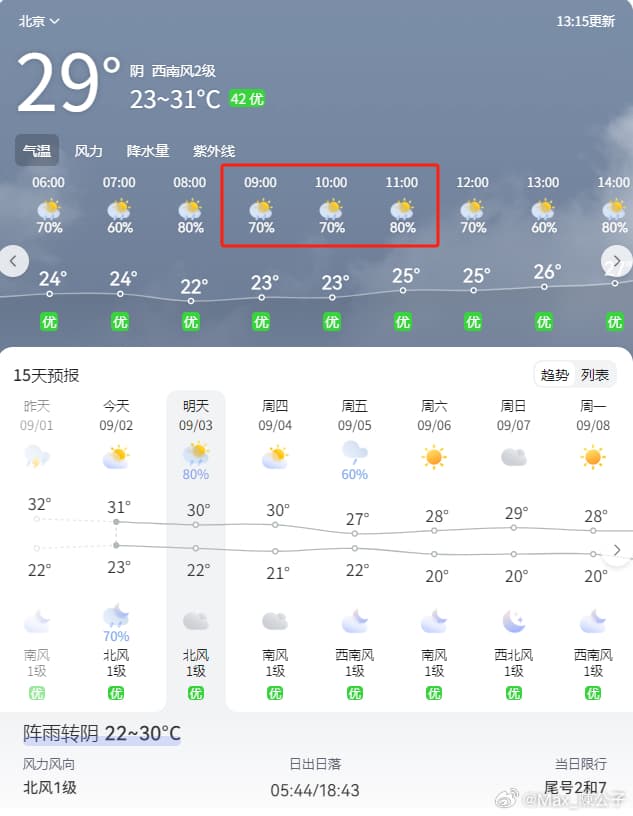Vice President Kamala Harris Faces Unconventional Protest During Puerto Rico Visit: A Musical Expression of Dissent and Local Sentiment
In an unexpected turn of events, United States Vice President Kamala Harris found herself facing protests, albeit in a unique manner, during her recent visit to a community in Puerto Rico. While the Vice President was enjoying a lively interaction with a local band, she was unaware that the song they were performing was a protest anthem directed at her.
26 March 2024
The band, a small ensemble from Puerto Rico, was playing a Spanish language song as Harris watched, clapping and smiling. However, a staff member informed her that the song's lyrics were actually a protest against her presence. The translation of the lyrics, as per the video, seemed to question Harris's intentions for her visit and her stance on the island's colonial status. Upon hearing the translation, Harris's expression changed from joy to a mix of discomfort and politeness, her hands clasped together in a somewhat awkward manner.
The video of the interaction quickly went viral on Chinese social media platform Weibo, sparking a flurry of comments and discussions. The incident has been a hot topic, with users expressing a range of opinions. Some have praised the band for their courage to express their dissent, while others have criticized Harris for her perceived insensitivity to the local issues.
One user commented, "It's brave of them to sing their hearts out, expressing their feelings. I admire their courage." Another user, however, countered, "I think Harris was just trying to connect with the locals. She didn't deserve to be protested like that."
This incident is a stark reminder of the complexities and sensitivities surrounding colonial issues, even as they intersect with international diplomacy. The Puerto Rican band's protest song, while unexpected, served as a powerful reminder of the local sentiments and the ongoing struggle for self-determination.
Harris, in her role as Vice President, has been a vocal advocate for social justice and equity. However, this incident underscores the challenges she faces in navigating delicate international issues, particularly those with historical colonial contexts. It also highlights the importance of understanding and respecting local cultures and sentiments, even in the midst of diplomatic engagements. As the dust settles on this unexpected turn of events, one thing is clear: the power of music to express dissent and rally for change is a universal language, one that transcends geographical boundaries and political differences. The Puerto Rican band, in their unique way, has reminded us of this powerful truth.



